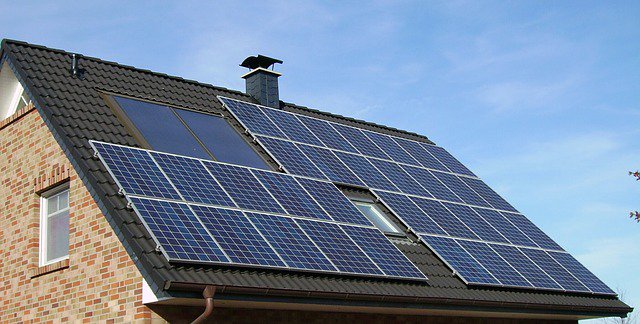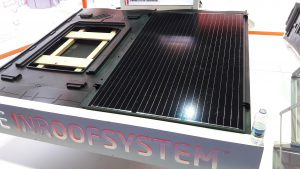New research by Cornwall Insight has found that domestic flexible electricity technologies such as solar photovoltaics (PV) and battery storage would negate the need for four additional gas-fired power stations.
This also includes the use of flexibile electricity initiatives such as the use of time-of-use tarriffs and smart meters.
Using this domestic technologies would result in cost-savings of more than £2.5 billion whilst reducing the need for electricity wire and infrastructure upgrades saving an additional £1 billion in 2030, Cornwall Insight continued.
Conducted in partnership with campaign group Smart Energy GB, the research also revealed significant cost savings both nationally and for the individual consumer.
The data showed that household flexibility solutions such as time-of-use tariffs, which allow consumers to adapt their energy usage according to demand, could cut national wholesale and system electricity costs by an annual £4.6 billion in 2030, raising to £14.1 billion in 2040.
These savings would also be experienced on an individual level, with households participating in flexible energy initiatives able to cut wholesale electricity costs by over 14% in 2030 and as much as 52% in 2040 – translating to a predicted annual saving of £115 in 2030 and £375 in 2040 for an average household.
Additionally, the report found that if consumers used solar power and energy storage technologies during peak periods they could save hundreds on their energy bills.
Read more: SolarPowerPortal
It’s Time to Go Green!
If you would like to know more about Solar Panels and the PowerBanx range of home battery systems, and get a free instant quote, please complete our online form:







